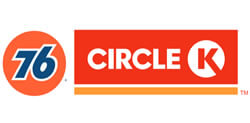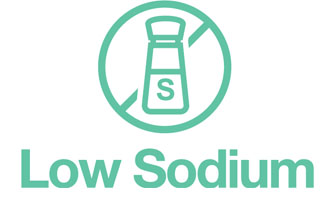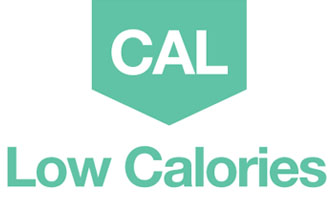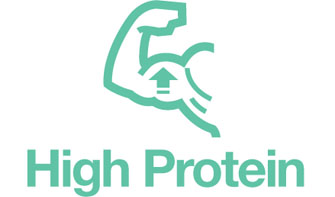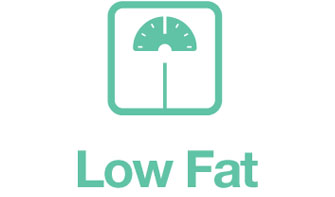Doctor recommends – Average Person – Daily serving – Half a gallon or more
- The health authorities commonly recommend eight 8-ounce glasses, which equals about 2 liters, or half a gallon.
- This is called the 8×8 rule and is very easy to remember
- According to two studies, drinking 500 ml (17 oz) of water can temporarily boost metabolism by 24-30%
- The researchers estimate that drinking 2 liters (68 ounces) in one day can increase energy expenditure by about 96 calories per day.
- Scientific experts state
- Water contributes to the maintenance of normal physical functions
- Water contributes to the maintenance of normal cognitive functions
- Water contributes to the maintenance of normal thermoregulation
